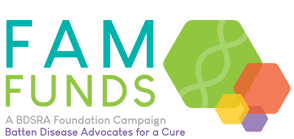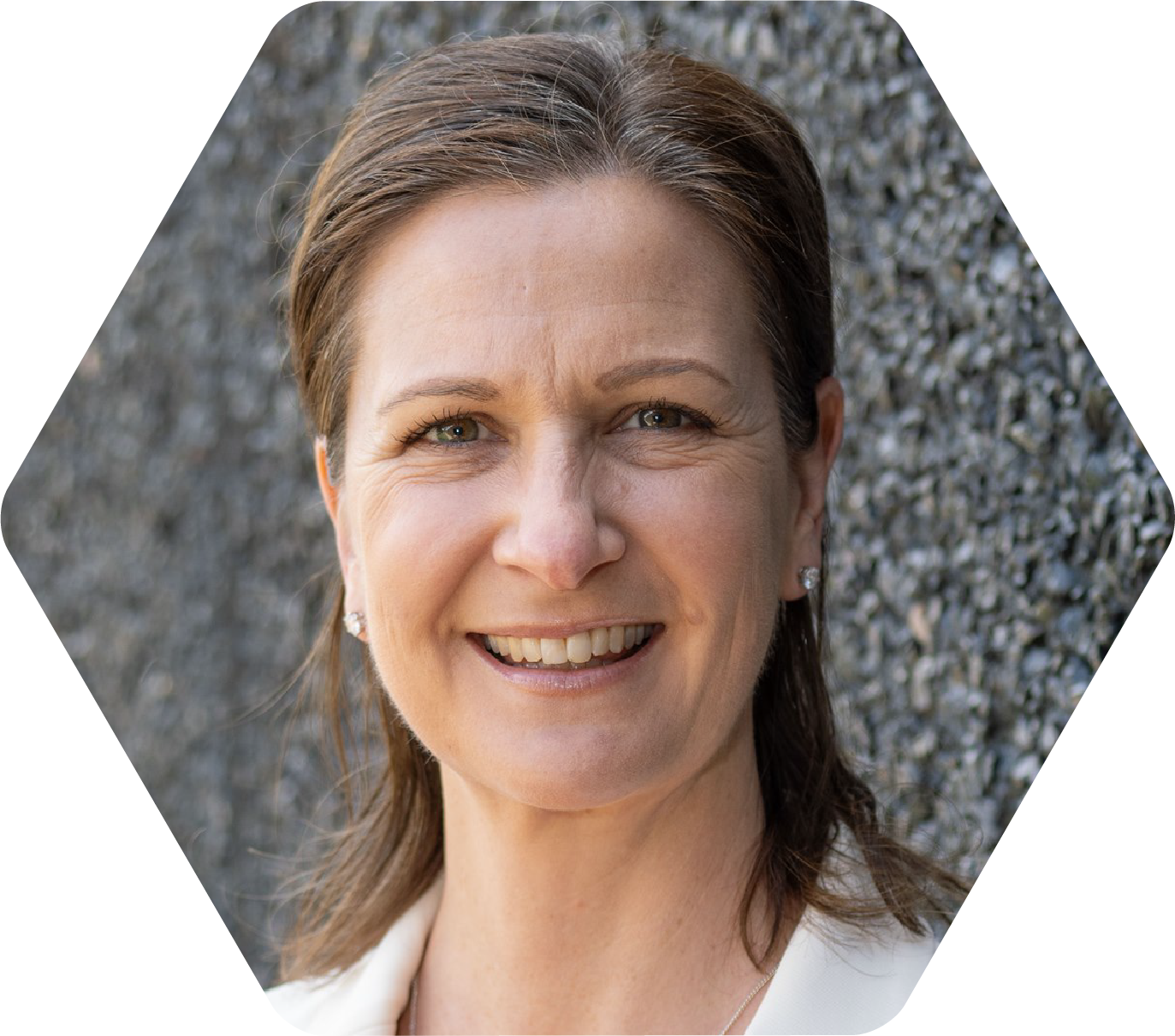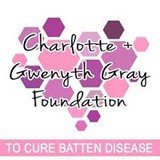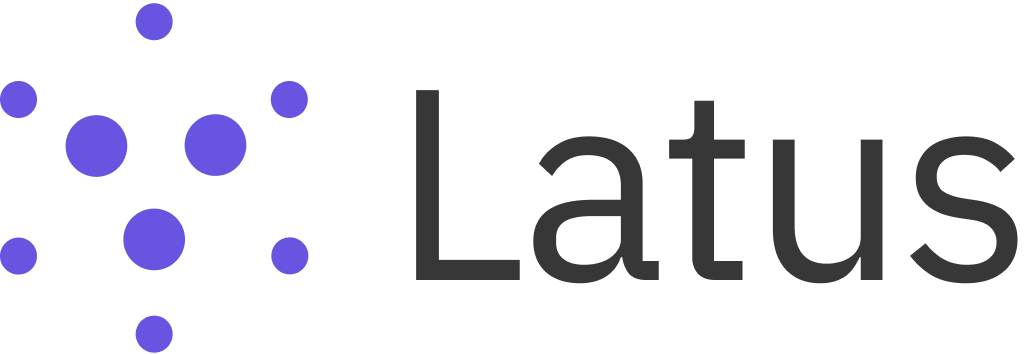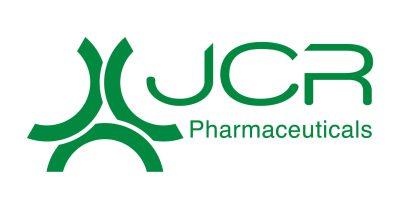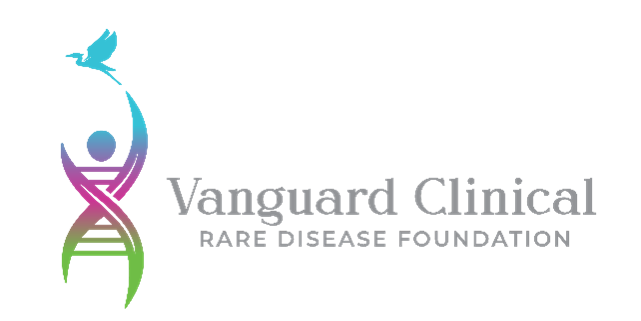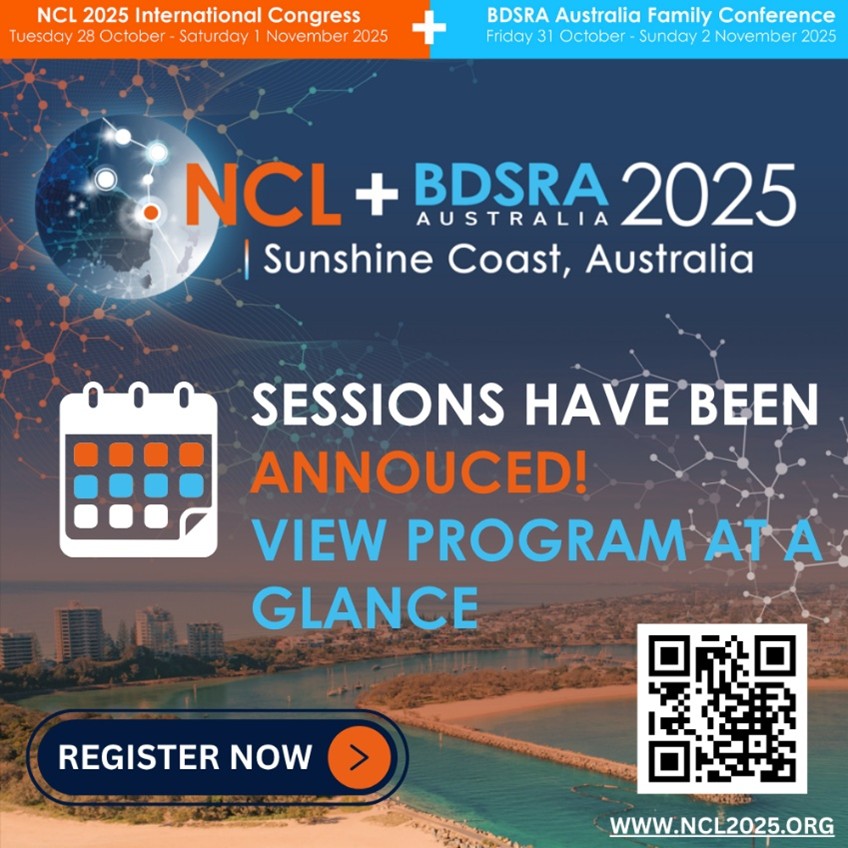It’s time for Batten disease research updates! BDSRA Foundation’s Head of Research & Medical Affairs, Dr. Ineka Whiteman, breaks down Batten disease clinical program updates, research news, and resources in her monthly column, as seen in BDSRA’s monthly newsletter, The Illuminator.
It’s been a research whirlwind this quarter!
The past three months have been packed – from the lead-up to our Annual Family Conference and the in-person CoE/BDCRC meeting, to a major advocacy campaign, clinical trial milestones, and truly groundbreaking publications. While some updates have already featured on our social media channels, we’ve gathered them all here in one mega quarterly round-up.
Highlights include exciting news and progress in clinical programs for CLN6, CLN2, and CLN3, focusing on gene-based and small molecule therapies. In publications, we spotlight several standout papers – including work from our own Centers of Excellence clinicians. We also note landmark advances in gene-based therapy, such as CRISPR gene editing, which is now in the clinic for another rare genetic condition, led by Dr. Rebecca Ahrens-Nicklas, a name familiar to the Batten disease field and a keynote speaker for NCL2025.
Speaking of NCL2025 Congress, the Program Overview is now live – explore it here: www.ncl2025.org/program.
Annual Family Conference: A Heartfelt Thanks to Our Speakers, Researchers, Clinicians & Industry Partners
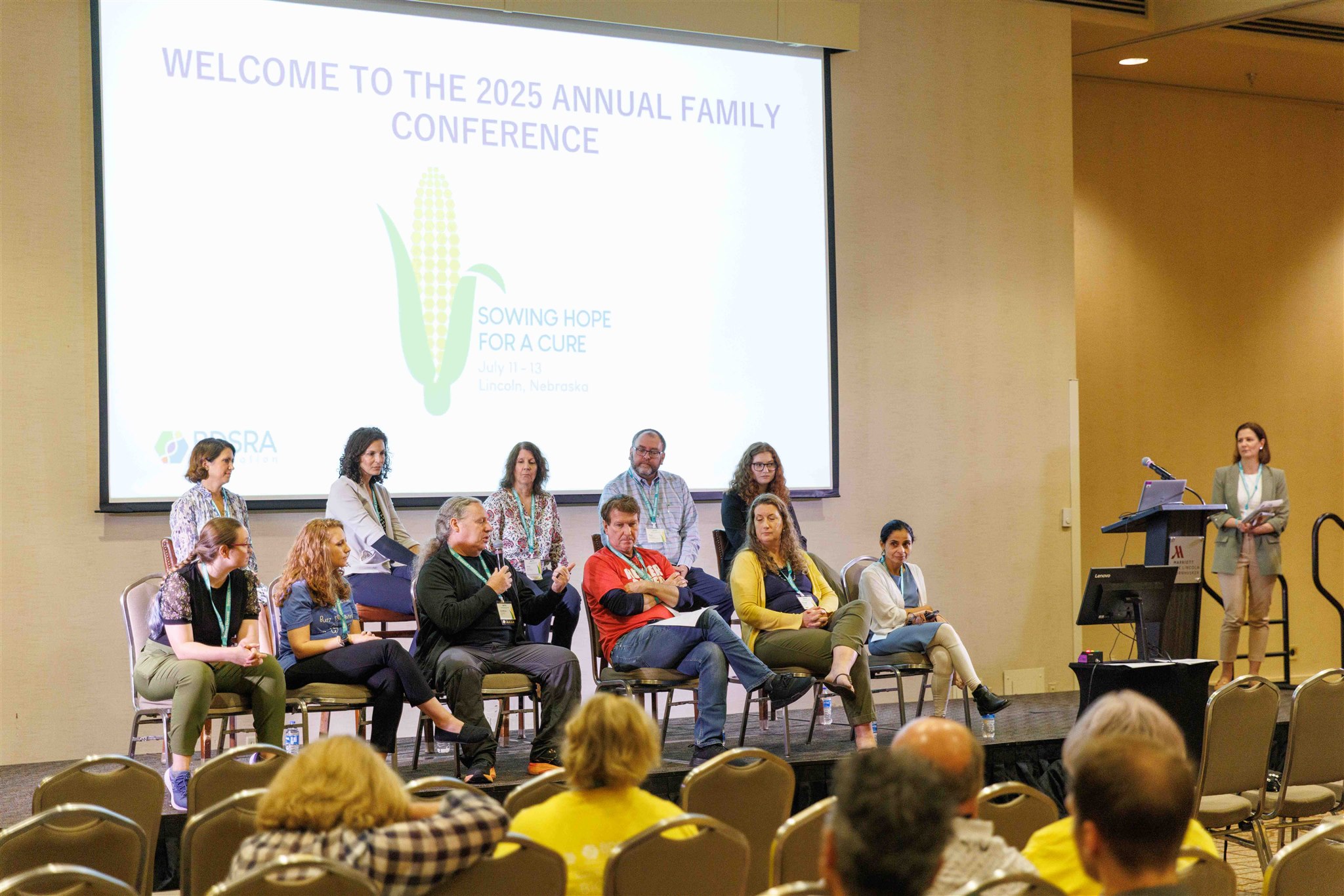
Photo by Ira Graham III Photography & Films
The 2025 BDSRA Annual Family Conference in Lincoln, Nebraska, was an extraordinary gathering of knowledge, compassion, and community. You may have already seen the many highlights in our July newsletter and through our social media channels. We extend our deepest thanks to all the speakers, researchers, clinicians, industry partners, and onsite research teams who contributed their time, expertise, and energy to the conference program.
Your willingness to share the latest research, clinical insights, and practical guidance means a great deal to the families we serve. For many, these sessions are a rare opportunity to hear directly from the people driving progress in Batten disease – to ask questions, deepen understanding, and feel hope for the future.
On behalf of the BDSRA Foundation and the families who attended, thank you for your commitment, generosity, and partnership. Your presence not only enriches the program but also strengthens the bonds between science, care, and the Batten community.
You can review the list of speakers and presentation titles from our Research Plenary on Day 1 here.
Recordings of the Research and Clinical sessions will be made available on our website soon.
NEW ROUND OPENING SOON – Batten Disease Global Research Initiative
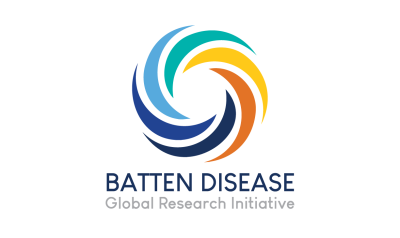
The Batten Disease Global Research Initiative (BDGRI) Grant Program aims to invest in the most promising research worldwide that addresses key research questions and areas of unmet need in Batten disease.
The 2025-2026 round will be open for Expressions of Interest on August 20. Keep an eye out for our regular communication channels, and join the mailing list for notifications: https://battenresearch.org/
Advocacy in Action: Charleigh’s Journey
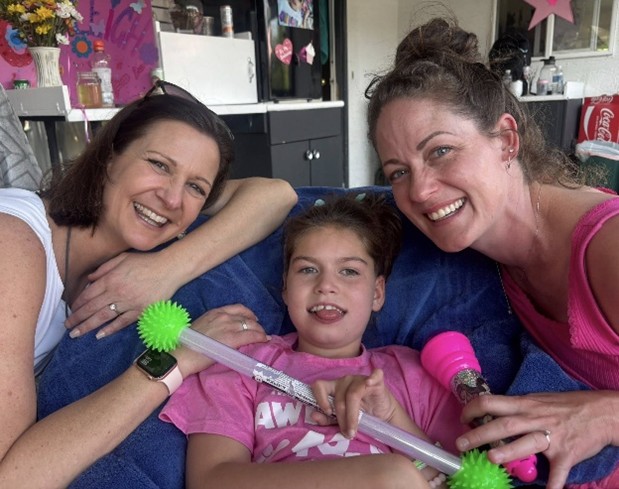
Pictured from left: Dr. Ineka Whiteman, Charleigh Pollock, and Charleigh’s mother, Jori Fales.
Many of you may have followed the story of Charleigh Pollock on social media and in the news. I wanted to take this opportunity to share a snippet of my insight over recent months, as shared recently on Facebook.
It’s been three weeks since the Government of British Columbia, Canada, overturned its decision and reinstated life-sustaining treatment for Charleigh. Honestly, I’m still processing the overwhelming events of the past few weeks and months. I have tried and failed several times to put it in words (and those who know me know that I am rarely one lost for words).
This journey has been one of the most emotionally charged and deeply personal advocacy efforts I’ve ever been part of. When the initial decision to discontinue funding for Charleigh’s enzyme replacement therapy (ERT) was announced by the B.C. Government in February, it felt impossible to comprehend. Looking at Charleigh, and the life, energy, and joy radiating from this kid – there was never a question – Charleigh continues to thrive on this treatment. Our job was clear – as patient advocates, we needed to reach out to the decision-makers, clarify the facts and undeniable, compelling clinical evidence, and have her treatment funding reinstated without delay. Not just for Charleigh and her family. For every life affected by CLN2 Batten disease, whose future depends on access to this life-changing treatment.
Update on Brineura re-evaluation in the UK
A disappointing development has come to light in the UK. On August 14, the National Institute for Health and Care Excellence (NICE) in the UK announced in its final draft guidance that it did not recommend cerliponase alfa (Brineura) for the treatment of neuronal ceroid lipofuscinosis type 2 (CLN2 variant of Batten disease).
The decision means that in the UK, after December 31, 2025, only children currently receiving Brineura can continue to receive treatment. Those newly diagnosed with CLN2 disease from January 1, 2026, will be denied access to the therapy.
The report states:
“The clinical trial evidence shows that cerliponase alfa slows progression of CLN2. Patient experts and clinical experts have also explained that cerliponase alfa is a transformative treatment. But there is not much evidence about how well it works long term.
“The committee took into account the condition’s rarity, severity and the effect of cerliponase alfa on quality and length of life. But using the proposed price of the medicine, the most likely cost-effectiveness estimate is not within what NICE considers an acceptable use of NHS resources. So, cerliponase alfa is not recommended.”
Denying children access to a therapy that demonstrably extends both life and quality of life appears driven more by cost and less by science. While it is true that long-term evidence is still emerging — unsurprising given that first regulatory approval was only granted in 2017 — we already have over five years of published data from the original clinical trial. These results are robust, showing that cerliponase alfa over a mean treatment period of more than 5 years meaningfully slows motor and language decline in children with CLN2 disease. To describe the evidence base as “limited” may be technically correct, but it seems a weak justification for withholding a treatment that offers such profound benefit to children and families facing this devastating condition.
Our colleagues at the Batten Disease Family Association (BDFA) UK have tirelessly championed this cause and will be appealing the draft NICE decision. You can read the BDFA Response to NICE Final Draft Guidance here. The BDSRA Foundation, alongside our global partner organizations, is fully committed to providing our support wherever it is needed.
As always, thank you for your support and dedication to our shared mission.
Warm regards,

CLINICAL PROGRAM UPDATES
Clinical Trial Tracker
The current tracker on the BDSRA website is currently undergoing updates to resolve technical issues. In the meantime, you may visit this resource for further details about the clinical trials and natural history studies here.
Theranexus and BBDF Share Strong Positive Real-World Data Supporting Batten-1 Efficacy for the Treatment of CLN3 Disease
On May 14, French biotech Theranexus, together with Beyond Batten Disease Foundation (BBDF), announced that new data show promising results for Batten-1, with real-world evidence supporting its impact on preserving vision in CLN3 patients. The analysis evaluated visual acuity outcomes in CLN3 patients treated with Batten-1 (miglustat, n=11), versus untreated patients (n=22), using real-world data collected from natural history studies, family interviews, published reports, and prescribers’ personal communications. This analysis focused on patients with measurable visual acuity at baseline (visual acuity score ≤ 1.9 LogMAR) and compared the progression of visual function between groups over a 12-month period.
Read the announcement here.
Gray Foundation and Children’s Hospital of Orange County (CHOC) Announce the Relaunch of CLN6 Gene Therapy Program
In a May 19 press release, the Charlotte & Gwenyth Gray Foundation to Cure Batten Disease announced they have joined forces with Children’s Hospital of Orange County (CHOC), a Batten Disease Clinical Center of Excellence (CoE), to revitalise and enhance the CLN6 gene therapy program. This partnership builds on the findings from a Phase 1/2 clinical trial conducted from 2016 to 2020 at Nationwide Children’s Hospital in Columbus, Ohio (also a Batten Disease CoE), reaffirming the commitment to progress in treating CLN6 Batten disease.
“CLN6 Batten disease is a devastating disorder with no approved therapies, and families deserve hope,” said Dr. Raymond Wang, Director of the Campbell Foundation of Caring Lysosomal Program and Batten Disease CoE at CHOC, “This reinvigorated program brings new scientific insights and renewed optimism for developing a meaningful treatment.”
BDSRA is working with the team of researchers, clinicians, and industry partners to move this program forward, and we look forward to sharing further program updates as they become available.
Read the press release here.
Tern Therapeutics Receives Major Designations from US and UK Regulators to Advance Ocular Gene Therapy for CLN2 Disease
On June 3, Tern Therapeutics announced that the US Food and Drug Administration (FDA) had granted Regenerative Medicine Advanced Therapy (RMAT) designation for TTX-381, a novel one-time gene therapy being developed by Tern Therapeutics for the treatment of the ocular manifestations of CLN2 Disease. RMAT designation recognizes the potential of TTX-381 to address significant unmet need and enables increased dialogue with the FDA throughout the development process.
RMAT designation was granted following FDA review of initial clinical safety and efficacy data from the ongoing Phase 1/2 study of TTX-381 in CLN2 disease.
Read the full press release and Patient Community Letter from Tern.
On July 24, 2025, Tern also announced it had been awarded the Innovation Passport, the United Kingdom Medicines and Healthcare products Regulatory Agency (MHRA) innovative medicine designation for TTX-381 to accelerate gene therapy for the treatment of the ocular manifestations of CLN2 disease. The designation was granted under the Innovative Licensing and Access Pathway (ILAP), designed to optimize the development and expedite the evaluation of innovative medicines for patients with high unmet need.
Read the full press release here.
Note: These accelerated pathways do not mean the treatment is approved in the U.S. or UK; however, these are important early steps that indicate the therapy’s potential and support a more patient-focused regulatory path forward.
Family Experiences Unexpected Improvements of Personalized Treatment for CLN3 Batten Disease
On July 7, the University of North Carolina (UNC) Health published an article to mark one year since Amelia and Makenzie Kahn received their first dose of individualized antisense oligonucleotide (ASO) therapy to treat CLN3 disease. Dr. Yael Shiloh-Malawsky, MD, who leads this first-of-its-kind clinical study, says that this new personalized treatment, Zebronkysen, is helping to manage the disease more effectively.
Read more here.
A summary article on this clinical study can also be found here.
KEY PRE-CLINICAL PROGRAM UPDATES
Latus Bio Presents Positive Preclinical Results in CLN2 Gene Therapy Program at ASCGT Meeting + Milestone Publication
On May 13, Latus Bio Inc. (Latus), a biotech company developing novel approaches to AAV gene therapy, announced several oral and poster presentations at the American Society for Gene and Cell Therapy (ASGCT) Annual Meeting, held in New Orleans, Louisiana, from May 13-15. These presentations showcased progress toward advancing Latus’ novel AAV capsid variants – AAV-DB-3 and AAV-Ep+ – to address Huntington’s Disease and CLN2 Batten Disease, respectively.
“Over the last year, our progress on two preclinical gene therapy programs as well as our novel AAV capsid discovery platform has been remarkable,” said P. Peter Ghoroghchian, MD, PhD, CEO of Latus. “We are excited to share novel findings that have the potential to transform the treatment landscape of patients with genetic diseases.”
Two seminal papers were published this month in Nature Communications and Science Translational Medicine, detailing the preclinical results from the Huntington’s Disease and CLN2 Batten Disease programs, respectively. To check out these papers, head to Publication Highlights below.
JCR Pharmaceuticals Presents Preclinical Gene Therapy Data that Demonstrate Promising CNS Uptake
On May 15, JCR Pharmaceuticals announced that preclinical data from its novel adeno-associated virus (AAV) gene therapy research programs had been presented at the American Society of Gene and Cell Therapy (ASGCT) in New Orleans, Louisiana. In an oral presentation, the JCR researcher reported the Company’s proprietary J-Brain Cargo® (JBC) technology enables the efficient delivery of an adeno-associated virus (AAV) gene therapy across the blood-brain barrier (BBB) and into the central nervous system (CNS) in mice, monkeys, and several animal models of disease, including CLN2 Batten disease.
Read the press release here.
We are excited to have Dr Mathias Schmidt from JCR Pharmaceuticals as a confirmed keynote speaker at NCL2025 Congress in October. Visit www.ncl2025.org for more details.
Vanguard Clinical Rare Disease Foundation launches ASO program for common CLN3 mutation
On June 30, the Vanguard Clinical Rare Disease Foundation (VCRDF) officially launched development of VCRDF-CLN3, an individualized antisense oligonucleotide (ASO) therapy targeting the “1-kilobase deletion,” the most common mutation in CLN3 Batten disease. This program, coined ‘Project Four Leaf Clover’, is endorsed by the ForeBatten Foundation and developed in collaboration with Dr. Michelle Hastings (University of Michigan) and Dr. Yael Shiloh-Malawsky (Batten Disease Center of Excellence Affiliate, UNC). The project has already received early alignment from the FDA and builds on the groundbreaking efforts of “Project Butterfly,” which developed ASO therapy for two sisters with a unique CLN3 mutation.
Read VCRDF’s press release here.
RESEARCH STUDIES
Research Study Announcement
Study Title: Characterizing Sleep in Batten Disease
Principal Investigator: Heather Adams, PhD
Research Sponsor: BDSRA Foundation
The University of Rochester Batten Center is conducting a study of sleep function in individuals with CLN2 and CLN3 Batten disease.
What is involved?
Affected individuals will provide saliva samples to test melatonin concentration and wear an actigraph (i.e. a wrist-watch style activity monitor). Parents/caregivers will assist the affected individual with study activities and will complete questionnaires.
Who may be eligible? Affected individuals who…
• have a confirmed genetic or enzyme-based diagnosis of CLN2 or CLN3 disease
• have any symptoms of CLN2 or CLN3 disease
• are at least 2 years old
• live at home with at least one primary caregiver
• have not taken oral melatonin (supplement), or are able/willing to stop taking melatonin during study participation (approx. 9-12 days).
No travel is required! All study activities will take place at your own home.
The affected child & parent will receive $200 (total for household) for participation in the research.
If you are interested in learning more about the study, please contact the study team at BattenSleepStudy@URMC.Rochester.edu or call study coordinator Marianna Pereira-Freitas at (585) 274-0205.
View the official flyer and FAQs.
EVENTS
NCL2025 Program Overview Now Available
The countdown is on for the 19th International Congress on Neuronal Ceroid Lipofuscinosis (NCL2025)! Abstracts are confirmed, the final program is almost complete, and it’s shaping up to be one of our most exciting lineups yet.
The Program at a Glance is now available, and registrations are open. This premier bi-annual conference on Batten disease will take place in the stunning surroundings of the Sunshine Coast, Queensland, Australia. NCL2025 will unite world-leading researchers, healthcare providers, industry partners, innovators, and patient advocacy leaders from across the globe.
We can’t wait to welcome you Down Under! Visit www.NCL2025.org for details.

